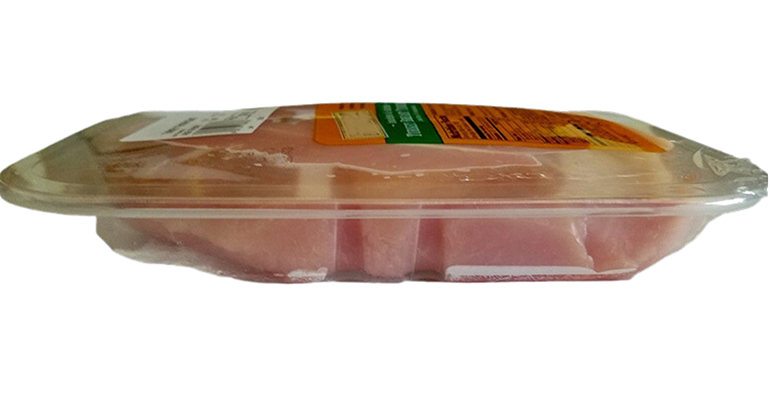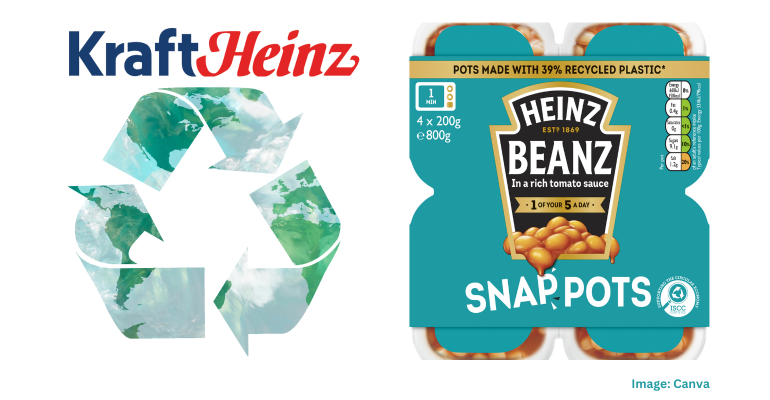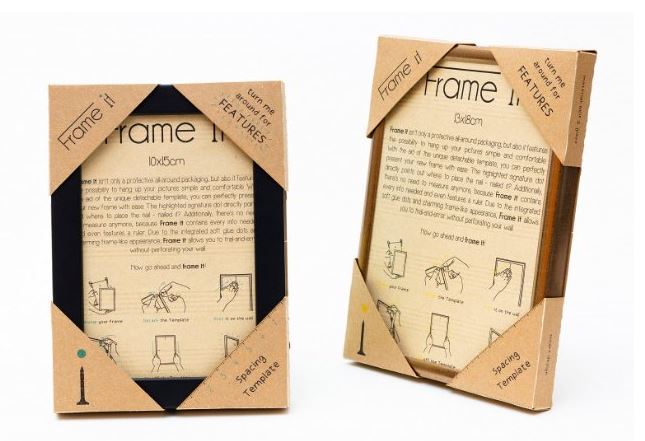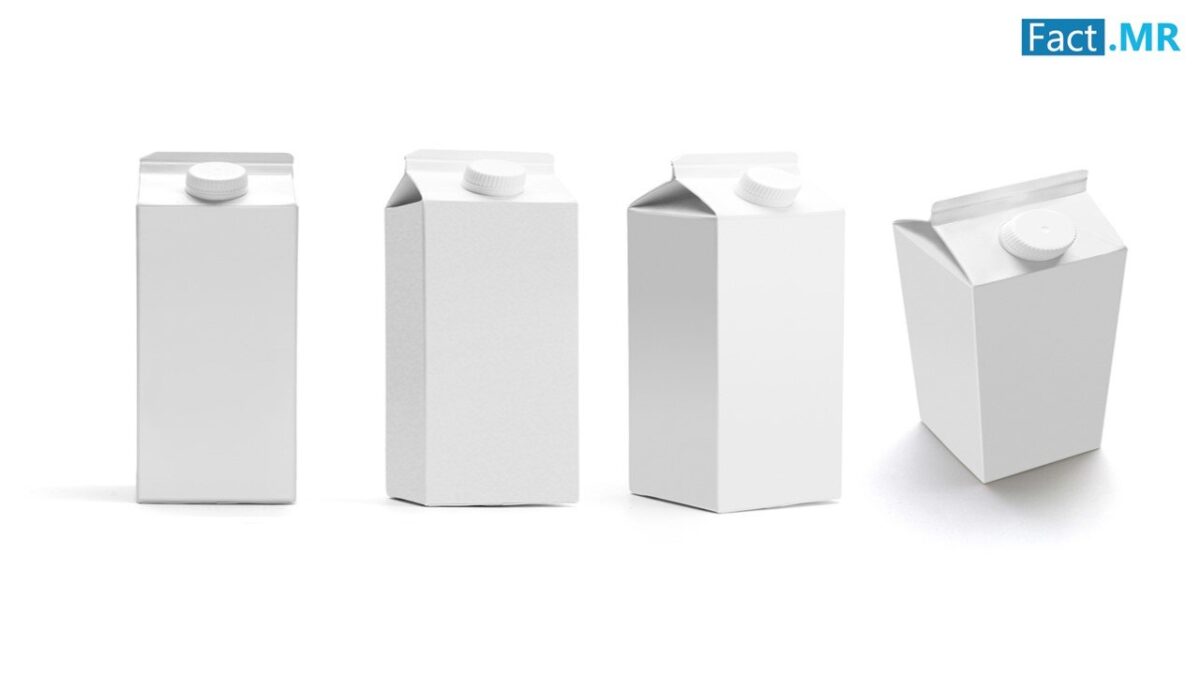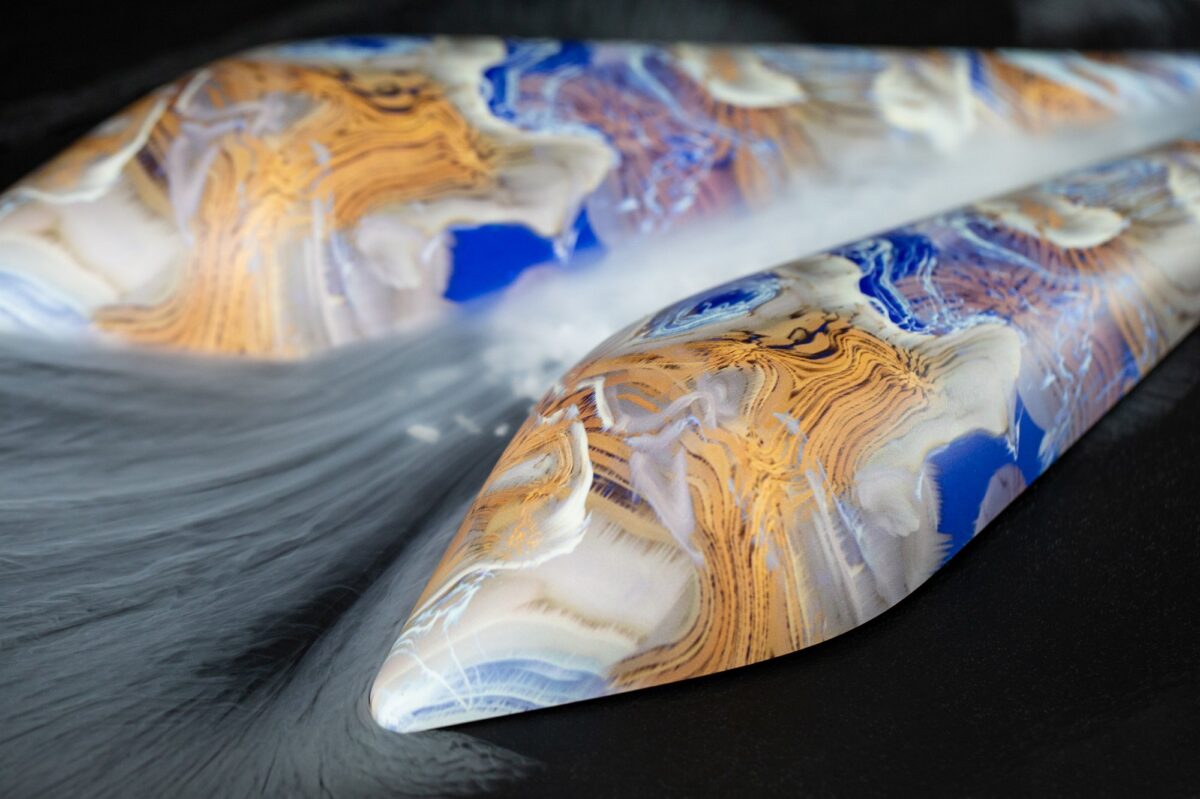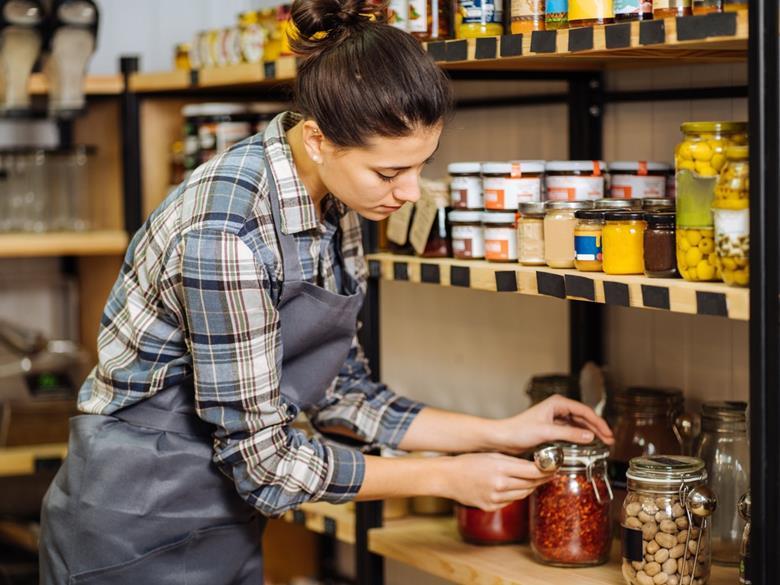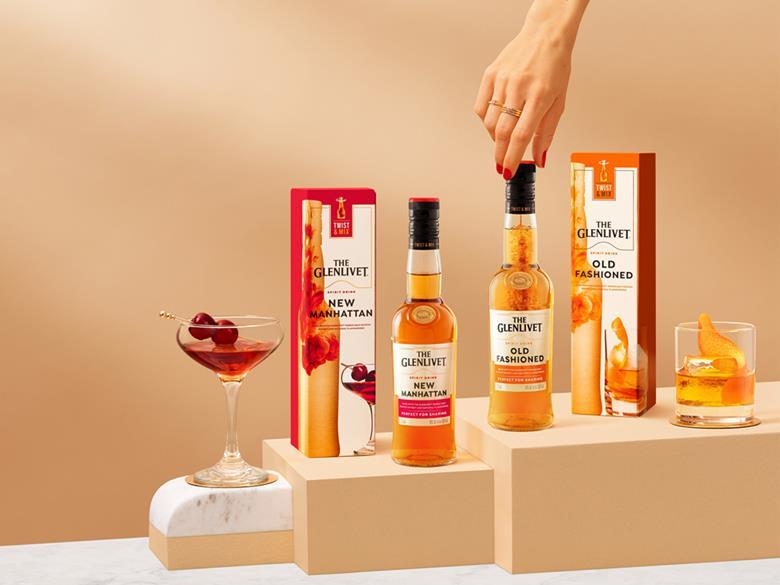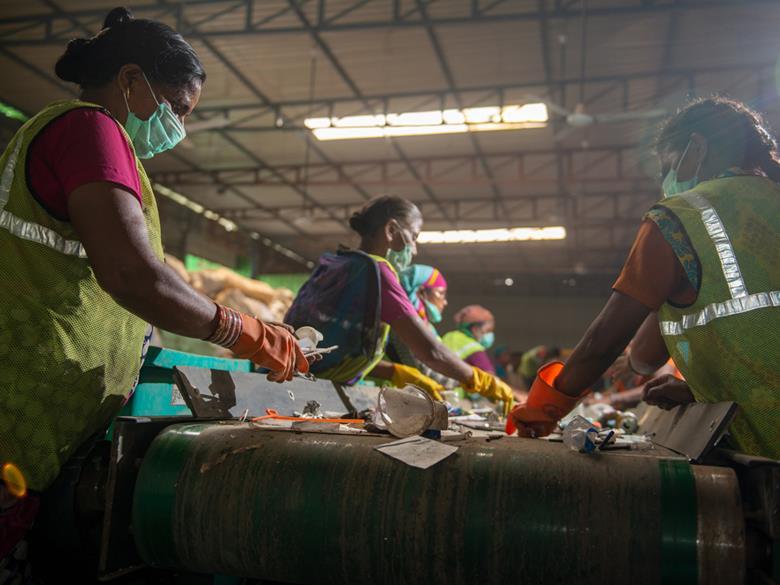Article-Recyclable Trays Bring Sustainability to Retail
Clearly Clean’s patented PET food trays give retailers and their customers a recyclable new alternative to polystyrene foam packaging.
Retailers continue turning to sustainable options for private-label packaged foods that meet consumer preferences and address the growing amount of government regulations.
Clearly Clean Products is poised to take a bite out of traditional expanded polystyrene (EPS) food trays with two new recyclable overwrapped food tray options: the first is for grocery retailers and wholesalers of poultry, meat, produce, seafood, and deli; the other is a compartmented tray for meatballs and the other patty-style configurations.
Made of crystal-clear PET, the patented trays are thermoformed using a thinner gauge sheet than Cearly Clean’s food processor-grade trays.
“Consumers appreciate the clear tray that allows them to view the actual product they are buying from all sides,” comments Jimmy Herring, CEO, who adds that compared to EPS, the trays meet or exceed all shelf-life requirements.
Although Clearly Clean believes clear is the best choice for recyclability, the company also offers the trays in transparent colors, too.
The trays can be recycled anywhere that accepts other PET packaging, which is often curbside. The trays are labeled with a #1 PET recycling symbol to help encourage responsible disposal.
Herring contends that the trays are more than just a compelling ecological solution, they offer an intrinsic bonus of being cost-effective too. Grocers typically receive their foam food trays in bundles and Clearly Clean’s grocery program supports trays packed in quantities similar to foam trays for easy use at the store level.
“Grocery retailers and wholesalers are increasingly looking for eco-friendly packaging, but how the trays have historically been packaged and their cost have been a hindrance to adoption,” Herring says. “Clearly Clean’s solution addresses both; the trays are shipped in boxes and quantities with which they are readily familiar and can be produced in a thinner gauge to reduce costs.”
PET tray’s patented rolled edges are functionally, aesthetically beneficial.
The trays feature Clearly Clean’s patented rolled edge, mitigating tears in overwrap film and providing a “three times stronger” resistance to “bow tying”, which can occur because of weak sidewalls. This maintains the tray’s structural integrity and on-shelf appearance despite the thinner gauge.
The trays do not require an equipment change, withstand high-speed processors without a loss in structural strength, and can be reworked if there is a film or styling issue. In short, these trays are made for holding moist products without losing their shape or protective features, while their the rolled edge curtails leakage, delivering all the benefits of EPS minus the negative environmental impact.
The new grocery trays are available with or without soaker pads and come in 21 sizes, ranging from a 2S small tray to a large 15D. The meatball tray has 12 pockets while the patty tray offers two cells; they can be customized in size, thickness, shape, and color.
Clearly Clean’s rolled-edge trays are available in processor grade and supermarket grade, the latter of which is a thinner gauge. “The processor-grade trays are thicker to be able to endure shipping and high-speed equipment,” Herring says. “They are also packaged differently for easy use by the processors.”
The tray’s reception was instantly positive.
“We have seen strong interest in our grocery solution with multiple clients already on board,” Herring says. “Historically, we have primarily sold to food processors, but as consumer pressure increases and government bans and corporate sustainability goals begin to take effect, retailers and wholesalers are increasingly looking for more eco-friendly options.”
Source:
https://www.packagingdigest.com/food-packaging/recyclable-trays-bring-sustainability-retail

